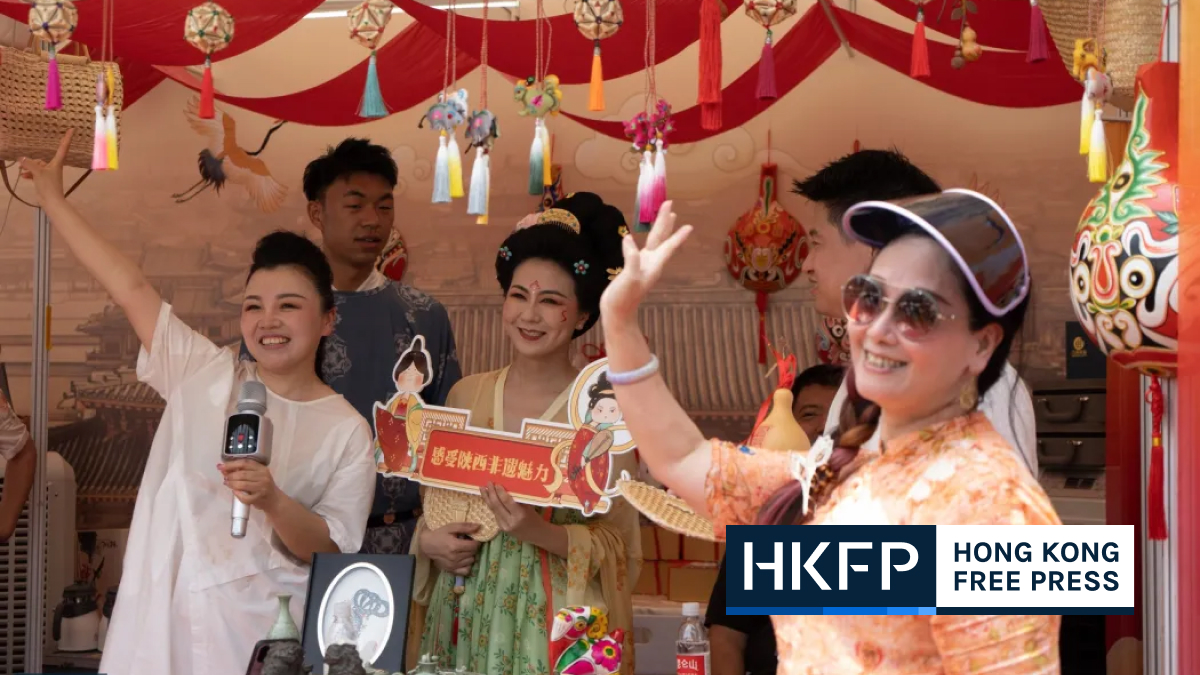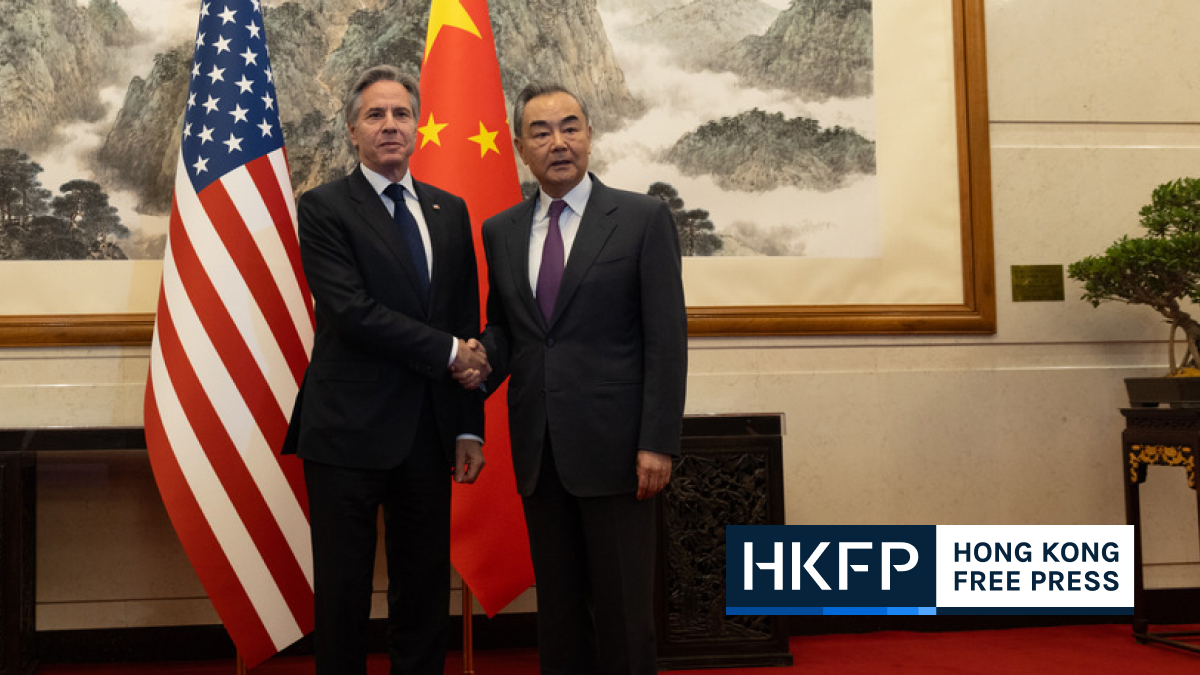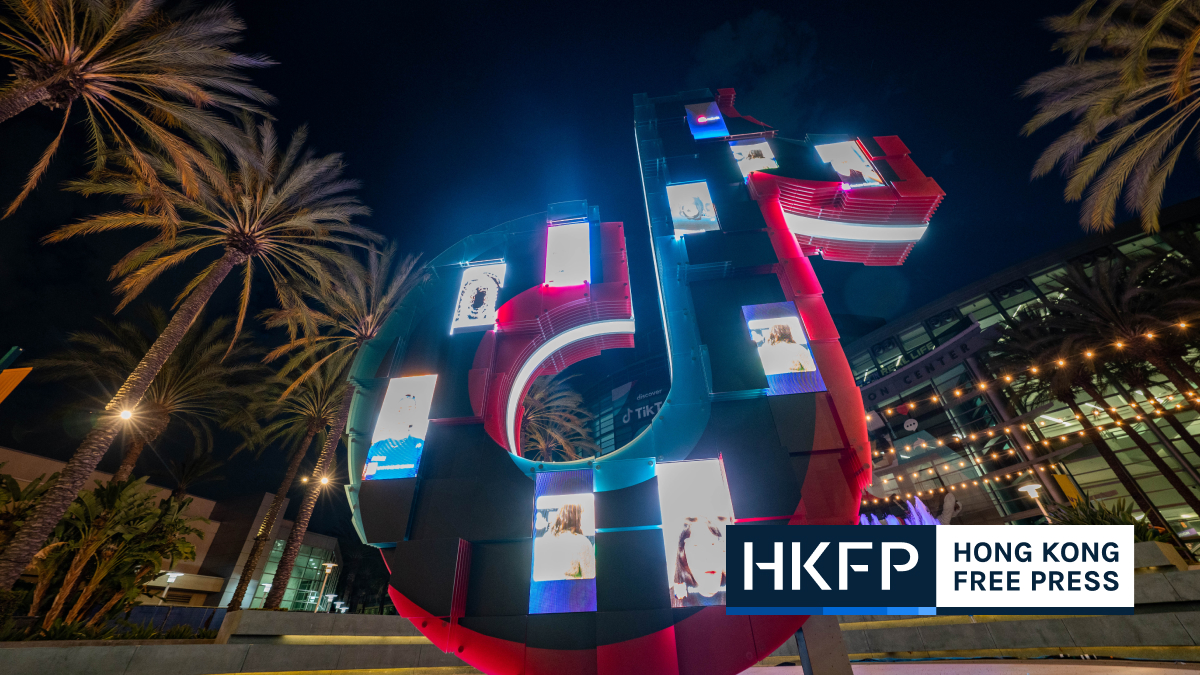After a cold snap sent temperatures plunging across Taiwan in January, contributing to the death of over 100 mostly elderly people, a group of Taipei-based Hongkongers came together to distribute supplies to help the local community keep warm.
On the steps of the September Cha Chaan Teng, a “yellow” Hong Kong-style diner in central Taipei which is festooned with Lennon Wall post-its and pro-democracy posters, they handed out care packages with hand-warmers, hot chocolate, and eight-treasure congee, a warming, nutritious dish popular during the colder months.

“We want to show that we can bring something to Taiwanese society,” says David, a former frontline protester now studying at a Taipei university, “that we’re here to help.”
David and other members of his group are on a mission that they call “Project Repay Taiwan”: an effort among Hong Kong students and business owners to show they do not take Taipei’s support for granted and will make a positive contribution to their adopted home.
The giveaway failed to attract the same level of interest as the group’s previous one in May, when local residents queued around the block for free Hong Kong-style meals prepared by the restaurant. But they took the unclaimed packages to Taipei Main Station to give to the dozens of homeless people huddled there nightly.
In order to protect their identities and those of protesters still in Hong Kong whom they are working with Taiwanese officials to bring over, they requested anonymity for both themselves and their organisation.

September Cha Chaan Teng owner Andy Lam relocated in the wake of the Umbrella protests in 2014. Although support for Hong Kong and its democracy movement remains high in Taiwan, he says he has noticed a shift in the attitudes of some of his Taiwanese customers. They express sympathy for Hong Kong’s difficult situation, he says, but have reservations about welcoming a large group of Hongkongers who may put pressure on public resources like healthcare and job opportunities.
“Most Hongkongers would come here for business, to make money,” Lam says, “not to contribute to society.” As a result, Taiwanese often see them as selfish, impolite, and even haughty—a point underscored by his own arrival in Taiwan, whose sprawling farms and decrepit buildings make it seem to him like a “rural backwater” compared to gleaming Hong Kong.
He had to rediscover the sense of humility, duty, gratitude, and responsibility instilled in him as a child, and now wants to help newer arrivals do the same.
Anxieties surrounding a potential influx of Hong Kong refugees touches upon a raw nerve in the Taiwanese experience that Catherine Chou, an assistant professor of history at Grinnell College, calls “the 1949 moment”. “Taiwan became home to more than a million refugees,” Chou says. “The existing population here had no say in that process, or in being occupied by the KMT. The conversation today about accepting new refugees from Chinese territory takes place against the backdrop of that historical moment and the geopolitical consequences that followed.”
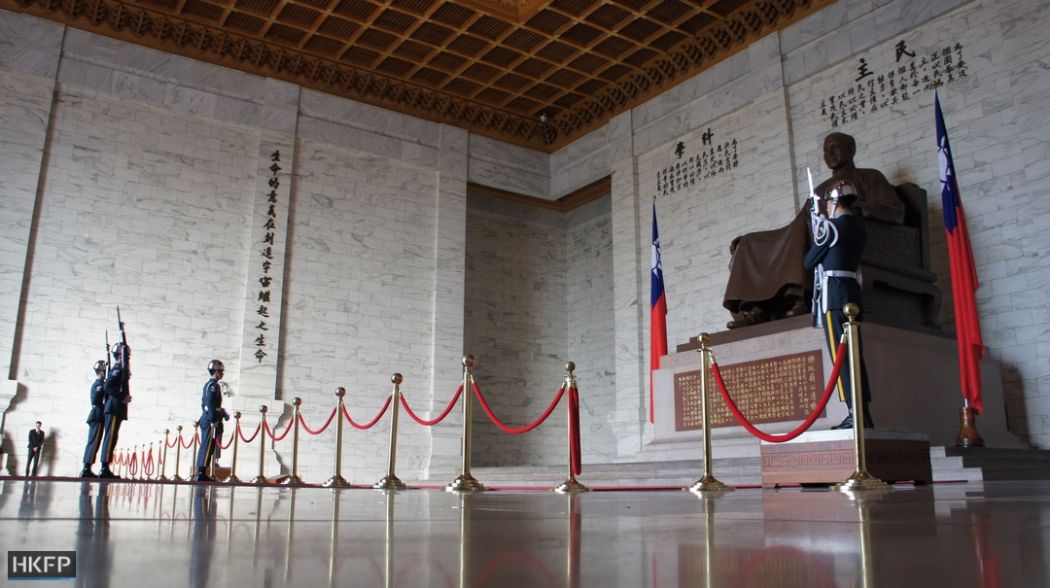
Even as Taiwan faced negative population growth for the first time this year, both voters and the authorities are reluctant to frame the most obvious solutions—more immigration and accessible pathways to citizenship—as a solution to the demographic crisis.
David, the student protester, was among more than 10,800 Hongkongers to make the move to Taiwan in 2020 — almost double the number from the previous year and the highest number since records began 30 years ago. The exodus has spurred conversations among exiles of building a “New Hong Kong” in the island democracy.
But David cautions against such talk, both because Hong Kong itself is irreplaceable and because he fears any enclave on Taiwanese soil could alienate local allies and isolate its occupants from the mainstream.
Huang Chun-sheng, a Presbyterian pastor who has helped to resettle, support, and counsel hundreds of Hong Kong exiles, dismisses fears that the newcomers will be a drain on Taiwanese society.
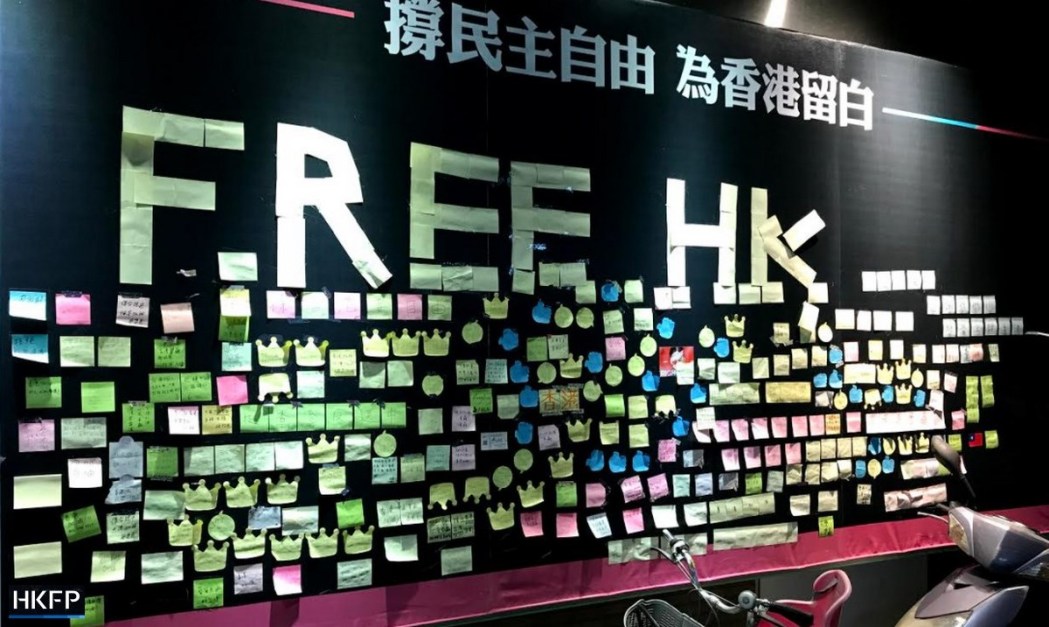
Most of the fleeing protesters who have passed through his church, he says, have been anxious to return to their homes after they recovered from the trauma of their experience and felt it was safe to do so. Others have been helped to find asylum in Western countries.
Those who do decide to stay in Taiwan represent a uniquely well-educated and culturally adept cohort of migrants, who often bring investments that will create more job opportunities. Moreover, he says, Hongkongers in dire straits don’t rely on public resources but instead receive assistance from organisations set up by more established Hongkongers.
One of these is Uber Ambulance, which helps to find and create jobs for members of the growing exile community. After beginning as a taxi service for protesters, it later branched out to offer accommodation and healthcare to young protesters thrown out of their homes by pro-establishment parents, and now counts chapters in both London and Taipei, where they look after young protesters who felt compelled for their safety to study abroad.
The Taipei chapter was founded by a 22-year-old Hongkonger who calls herself Nobody and who moved to Taipei last year after participating in the anti-extradition bill protests.
“Most of the sau zuk in Taiwan are under 20,” Nobody says. “For many of them, it’s their first time outside of Hong Kong, and they had to leave so suddenly they made no preparations. The moment they get here they feel so lost and helpless.” Her group helps them to find a place to settle down, and remote work to get them started.
“We don’t want the government to have to use their resources to support them. We want to help them become self-sufficient, to find a suitable job so they don’t need to rely on the government or any organisation,” she says. Nobody says both Taiwanese people and the government have been very understanding, but hopes authorities will soon come up with a special plan to allow a second round of Hong Kong students to safely enter Taiwan.
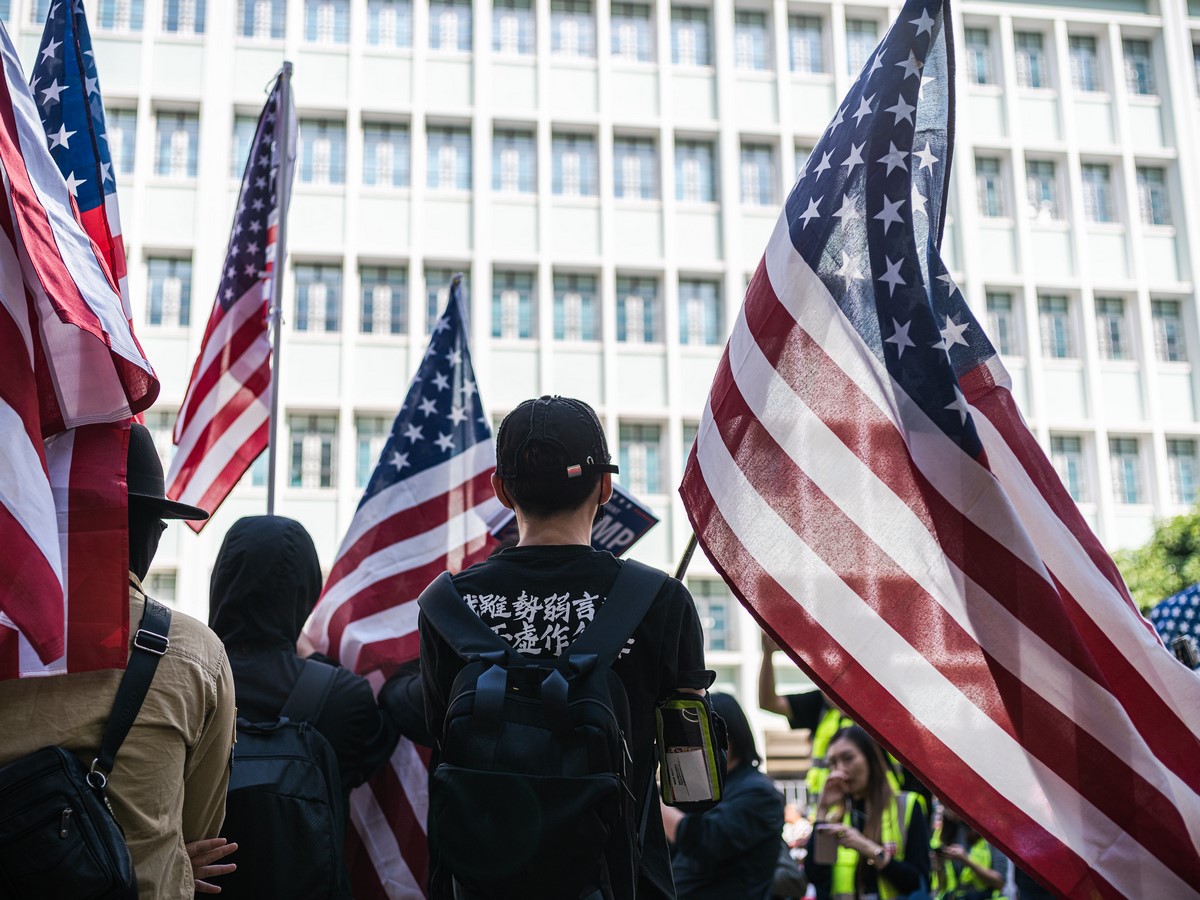
These grassroots efforts may not bear fruit as quickly or as directly as lobbying allies abroad for sanctions on Hong Kong and Chinese officials, but David says his current field of studies helps him to take the long view.
“It takes ten, 30, 40 years to bring down an evil government like the CCP [Chinese Communist Party],” he says. Building meaningful people-to-people ties between local Hongkongers and Taiwanese in that time is, to him, even more important than winning allies in the halls of power.
He sees the blinkered support by some protesters for former US President Donald Trump as a cautionary tale illustrating the shortsightedness of pinning hopes on any particular politician or political party – and becoming so closely associated with that faction that the cause becomes anathema to other sectors of society.
In Taiwan’s similarly polarised political environment, typified by the struggle between Blue and Green camps that broadly favour unification with China and Taiwanese independence respectively, the risk of letting Hong Kong become a political football is high. “You never know who will be in power next,” he warns.
So if they give the ruling Democratic Progressive Party a monopoly on the pro-Hong Kong position, their gains could easily be reversed if the opposition comes to power.

Having never experienced a true democracy themselves, David says, Hong Kong people tend to oversimplify and misjudge the politics of foreign countries, and become overly critical. When governments are accountable to their people, he believes that winning over ordinary people accounts for more than winning over political allies.
“Governments change quickly but people don’t,” he says. “As long as the people keep wanting to help Hong Kong, it won’t matter who’s in charge.”
Support HKFP | Policies & Ethics | Error/typo? | Contact Us | Newsletter | Transparency & Annual Report | Apps
Help safeguard press freedom & keep HKFP free for all readers by supporting our team

LATEST FROM HKFP
HKFP has an impartial stance, transparent funding, and balanced coverage guided by an Ethics Code and Corrections Policy.
Support press freedom & help us surpass 1,000 monthly Patrons: 100% independent, governed by an ethics code & not-for-profit.




